Women's Leadership
Main navigation
The Women and Foreign Policy program’s most recent update of the “Women’s Power Index” ranks 193 United Nations (UN) member states on their progress toward gender parity in political participation. It analyzes the proportion of women who serve as heads of state or government, in cabinets, in national legislatures, as candidates for national legislatures, and in local government bodies, and visualizes the gender gap in political representation.
Over the past year global progress toward gender parity in political representation has remained flat at 29 on the 100-point aggregate scale employed in which a 100-point score represents gender parity. The number of countries that are halfway or more to parity has remained the same. Twenty-eight countries exceeded fifty in their gender parity score, including Canada, Dominica, Moldova, and the United Kingdom in the past year. Mozambique, Peru, Rwanda, and Senegal fell below that halfway to parity mark in the past year. The U.S. gender parity score is slightly above the global average at 35. Iceland has maintained its position in first place, with a score of 86, Mexico and Andorra occupy second and third place, with scores of 75 and 73, respectively.
Progress in women’s political leadership at the national level has been stalling recently. Since the end of World War II, 82 of the 193 countries have elected a female head of state or government, with the most progress coming in the past two decades. Eleven countries elected their first woman into high office during the 2000s, twenty-five in the 2010s, and seventeen thus far in the 2020s. Most recently, Namibia elected its first woman president, Netumbo Nandi-Ndaitwah, in 2025, and Mexico elected its first woman president, Claudia Sheinbaum, in 2024.
Read here the full article published by the Council on Foreign Relations on 2 April 2025.
Image by the Council on Foreign Relations
Women Now Hold Top Three Positions in Government
Namibia has made history by becoming the first African country to have its top government positions held by women. Netumbo Nandi-Ndaitwah was recently sworn in as Namibia’s president after winning 58 percent of the vote. With her election, she becomes Namibia’s first female head of state but as well as Africa’s second-ever directly elected female president. Nandi-Ndaitwah promptly expanded the number of roles held by women upon taking office, appointing Lucia Witbooi as vice president and Saara Kuugongelwa–Amadhila as speaker of the National Assembly. This is also the first time these roles have been held by women. Nandi-Ndaitwah also made history with her cabinet appointments. For the first time, women hold the majority of positions. Sixty percent of Namibia’s fourteen ministers are now women and hold offices in finance, foreign affairs, health, education, and gender equality. The new president said her election should encourage other women because “I was not elected because I’m a woman, but on merit. Women are capable members of society.” Her priorities in this new administration are to diversify Namibia’s economy and reduce the country’s debt.
Read here the full article published by the Council on Foreign Relations on 31 March 2025.
Image by Council on Foreign Relations
In honor of Women’s History Month, the National League of Cities (NLC) reached out to members of the Women in Municipal Government (WIMG) Constituency Group to share their personal reflections on the impact and importance of women serving in local government. These women leaders, who serve as mayors, council members and other local government officials, spoke candidly about the importance of recognizing women’s contributions to society and advancing gender equity in municipal governance.
How Do You Think Women’s Voices Have Changed the Landscape of Policy and Governance?
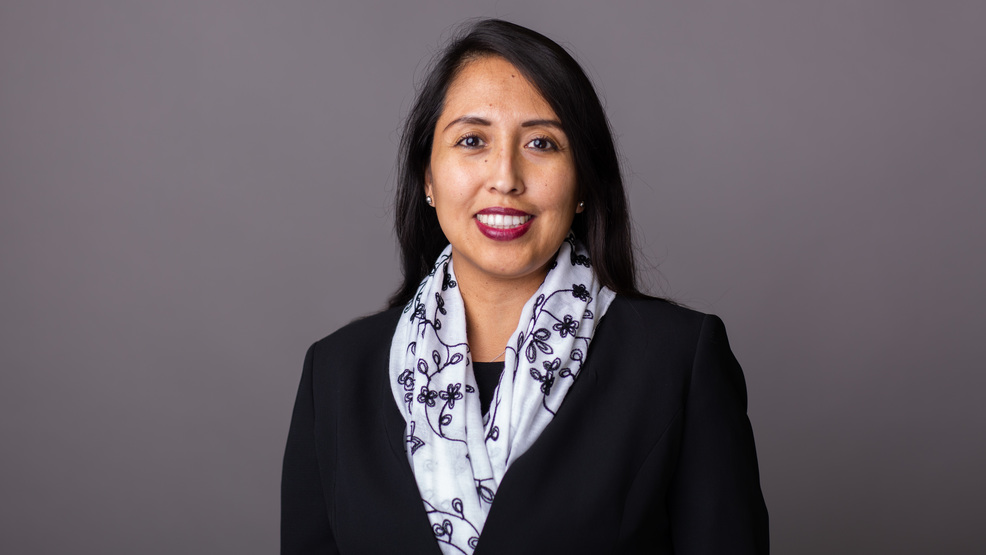
“Making up half of the world’s population, women should feel confident to become elected leaders who practice compassion, lead with integrity and build on the legacy of those who pave the way for a more equal and just society. Together we can work to eliminate discriminatory barriers and empower younger generations to feel like they can and should run for local office.”
Councilwoman Dr. Adriana Rocha Garcia, San Antonio, TX – District 4, WIMG President
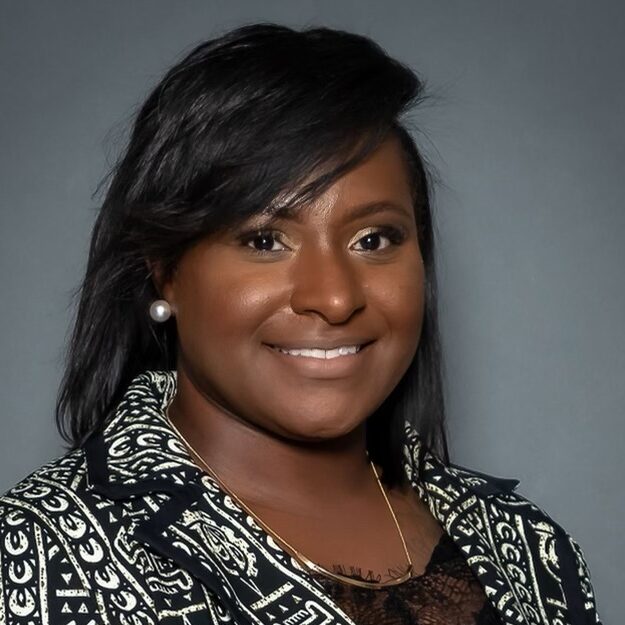
“Women’s voices have reshaped policy and governance by bringing resilience, wisdom and a commitment to progress—even in the face of adversity. Our presence in government expands perspectives, drives meaningful change and sets new standards for leadership, proving that dignity and determination will always outlast the storms we face.”
Council President, D.M. Collins, Center Point, AL, WIMG Board Member
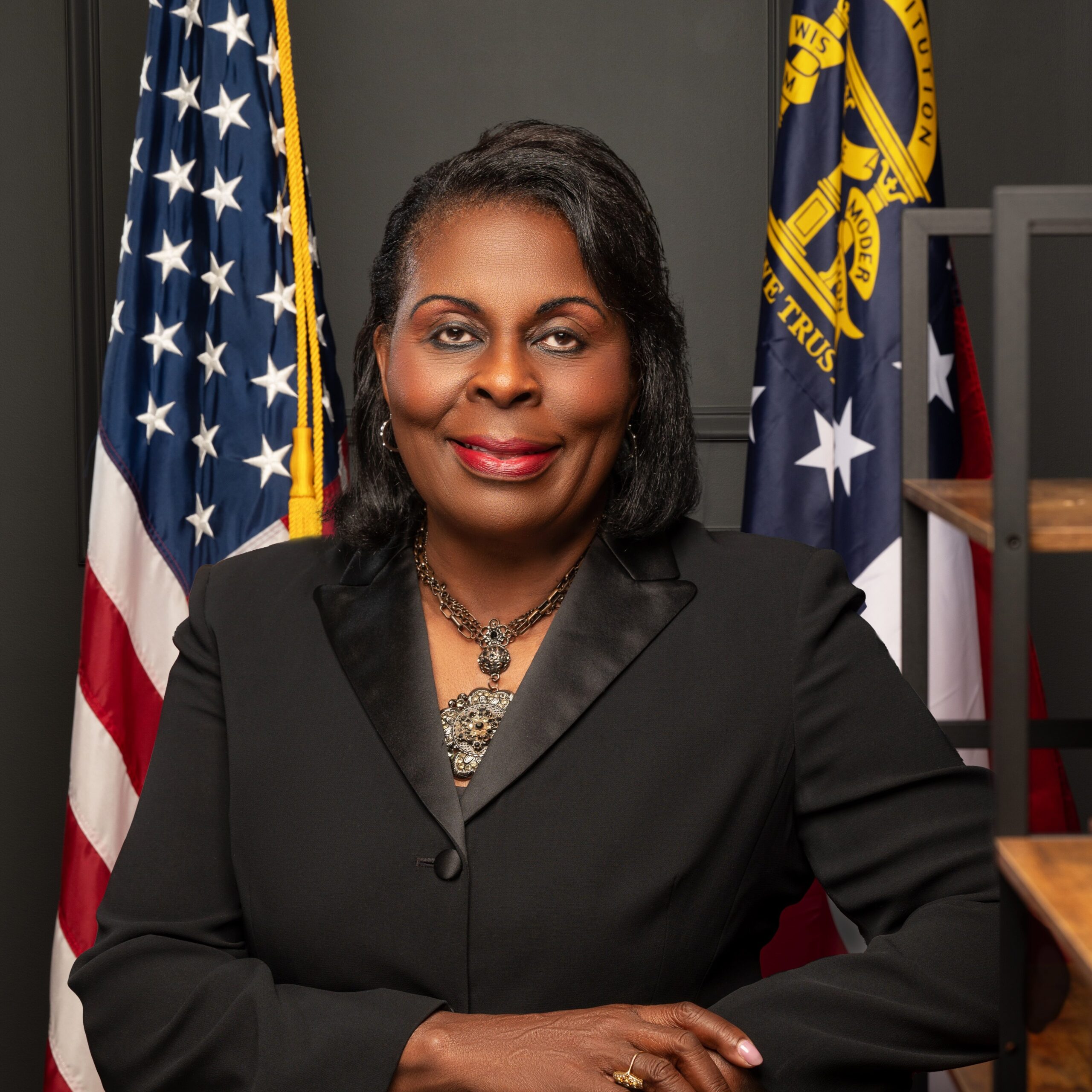
“Women’s representation at the leadership table is critical to ensure inclusion when discussing community issues. Through lived experiences, women often lead discussions to the establishment of more comprehensive policies that address the needs of ALL citizens.”
Alderman Carol Bell, Savannah, GA, WIMG Board Member
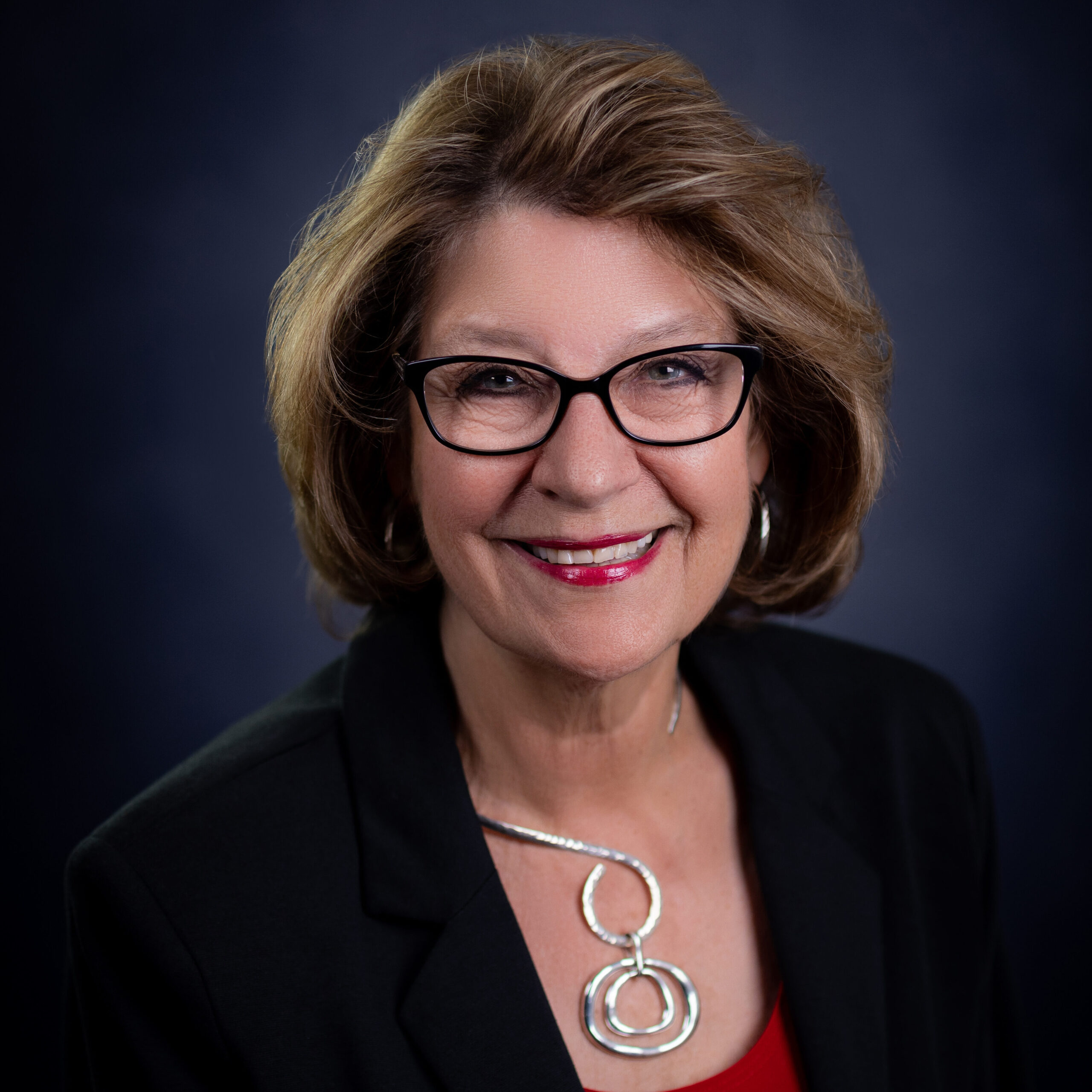
“Women promote cooperation, consensus-building, and focus on common goals through participatory leadership. They advocate for social issues that are often overlooked such as education, domestic violence prevention and child welfare.”
Councilmember Jan Arbuckle, Grass Valley, CA, WIMG Past President
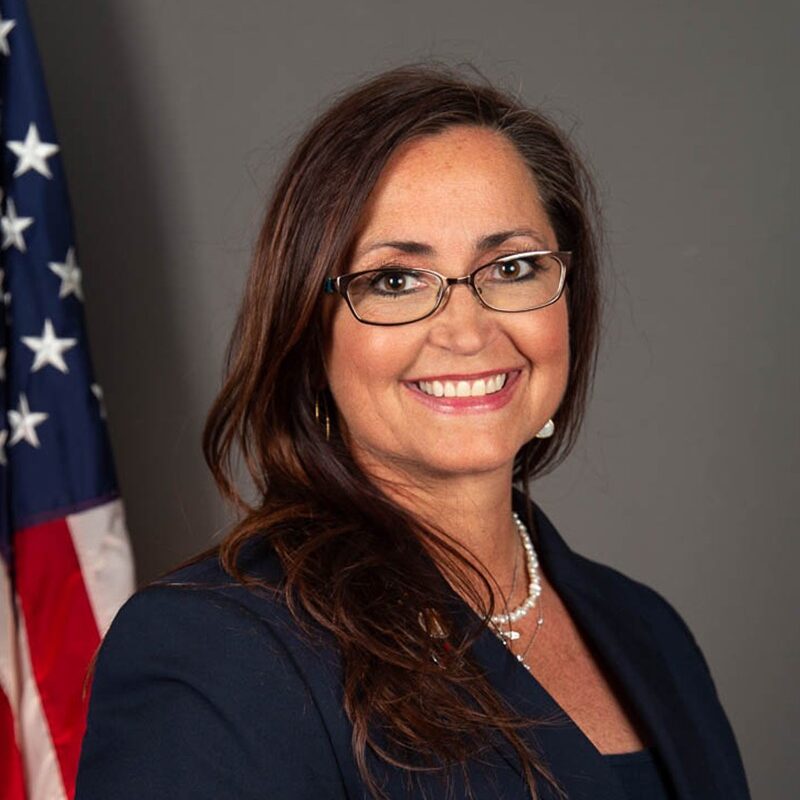
“The increasing involvement of women in policy and governance not only enriches governance processes but also leads to more equitable and just outcomes for all members of society. Women bring diverse perspectives, tend to focus on social issues, have collaborative and consensus-building leadership styles, are role models that inspire future generations and encourage more women to engage in politics and governance.”
Mayor Debra Wimpee, Broken Arrow, OK, WIMG Board Member
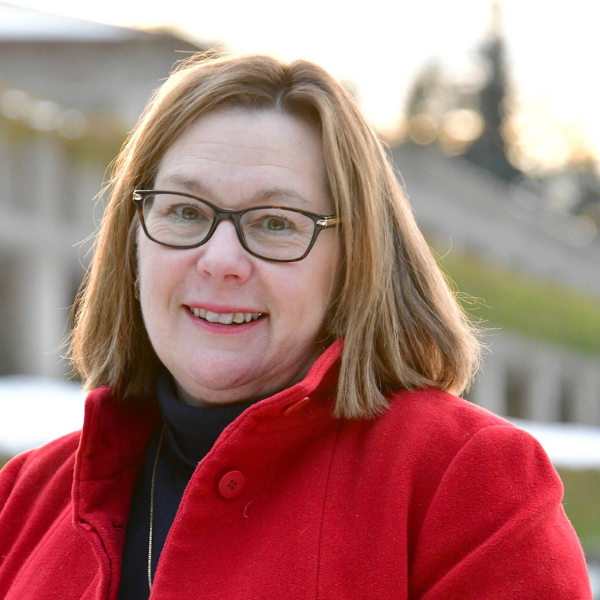
“As more women are elected to serve in government positions, we will have more influence over public decisions. Working together, women have been able to make decisions that impact health, employment, housing and more by taking time to ask questions and study the issues.”
Councilmember Susan Honda, Federal Way, WA, WIMG Board Member
Read here the full article published by the National League of Cities on 27 March 2025.
Image by National League of Cities
A movement that began as a protest against enforced disappearances and extrajudicial killings in Balochistan is now evolving into a strong political and social force for change. The women at the forefront of the Baloch Yakjehti Committee have amassed a large following of Baloch men and women, but who are they and how did they become so influential in a largely patriarchal and tribal society?
On January 27, 2024 in Quetta, the leader of the Baloch Yakjehti Committee (BYC), Dr Mahrang Baloch, addressed a crowd of thousands, which comprised men and women, many of them young students. Having recently returned from a month-long sit-in outside Islamabad’s National Press Club, held to protest enforced disappearances and extrajudicial killings in Balochistan, Mahrang said that this movement was the “voice of Baloch people, from Nokundi to Parom and Koh-i-Suleman to Makran.”
The recent terrorist attacks in Balochistan by the outlawed Baloch Liberation Army, which resulted in the tragic loss of the lives of almost 40 people, tend to take the media spotlight because of the sheer violence involved, but they also do a disservice to the efforts of movements such as the BYC, which have attempted to highlight the alienation of Balochistan’s educated youth in a peaceful and constitutional manner.
Read the full article here.
Last Saturday, March 8th, marked International Women’s Day, when the international community celebrates the social, economic, cultural, and political accomplishments of women. In post-communist societies, where this day is often a public holiday, there is still a lot left to do to ensure better representation of women in political institutions—but the contribution of women to democracy-building efforts is undeniable.
Meet four exceptional female leaders who are shaping Eastern European politics today and learn more about women of the region fighting against war and autocracy.
Read here the full article published by the Wilson Center on 10 March 2025.
Image by Wilson Center
As the world celebrates the International Women’s Day, the women in Azerbaijan continue to drive progress and developments in politics, business, science, education, and entrepreneurship.
Azerbaijani women have long been pioneers in securing their rights and advancing in various spheres of society. They were the first in the Islamic world to gain the right to vote, achieving suffrage in 1918 – a milestone that placed them ahead of many of their European and American counterparts at the time.
While the US and some Western European countries were still contemplating women’s participation in elections, the Azerbaijan Democratic Republic leadership granted unrestricted suffrage to women in 1918.
Azerbaijan, thus, became one of the first countries in the world – and the first Muslim majority nation – to grant women political rights equal to men.
It was two years later, in 1920, when the US granted women the right to vote. The Benelux countries afforded the same rights in 1919, while France and Italy followed in 1945.
This progressive step laid the foundation for the continuous empowerment of women in Azerbaijan, which today stands as the wealthiest nation in the South Caucasus. Currently, Azerbaijan has a workforce of over five million people, with women making up almost half of this economically active population.
The entrepreneurial landscape in Azerbaijan has seen increasing strides by women, who contributed to transformation by actively engaging in business ventures.
Read here the full article published by Caspian News on 8 March 2025.
Image by Caspian News











